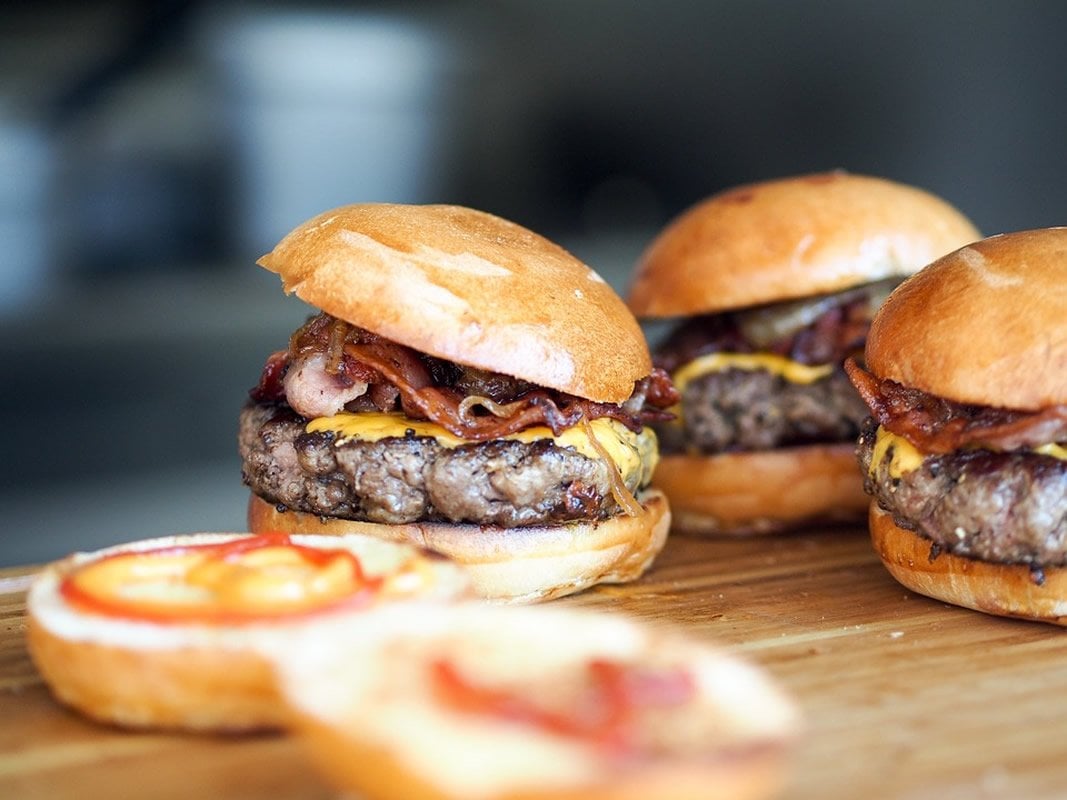Summary: Eating a high-fat diet can help with the absorption of oral CBD for those with epilepsy. Previous studies have linked CBD to helping manage seizures associated with epilepsy.
Source: University of Minnesota
While oral cannabidiol (CBD) capsules were approved by the U.S. Food and Drug Administration (FDA) for use in patients with seizures in 2018, very little was known about the effect of food on CBD absorption.
A University of Minnesota study, published in Epilepsia, examined whether eating high-fat foods after taking CBD increased the body’s absorption of CBD. The study tested whether fasting or a high fat meal has an effect when cannabidiol oral capsules were taken by patients.
To find out what effect a fatty meal would have on CBD absorption, the research group measured CBD concentrations in epilepsy patients at the MINCEP Epilepsy Care clinic who were taking 99 percent pure CBD capsules. Concentrations from patients who took CBD on an empty stomach and a standardized fatty breakfast (i.e. breakfast burrito) were compared.
“The type of food can make a large difference in the amount of CBD that gets absorbed into the body. Although fatty foods can increase the absorption of CBD, it can also increase the variability as not all meals contain the same amount of fat,” said Angela Birnbaum, a professor in the College of Pharmacy and study co-author.
“Increases in the amount of the CBD dose being absorbed into the body can also lead to lower medication costs,” said Ilo Leppik, study co-author, a professor in the College of Pharmacy and an adjunct professor at the Medical School.
The study found:
- CBD exposure is vastly increased when CBD is taken with high fatty foods;
- when compared to fasting, taking CBD with food increased the amount of CBD in the body by four-times and the maximum amount recorded in the participants’ blood by 14-times;
- no cognitive differences were identified, which is consistent with previous studies.

“For epilepsy patients, a goal is to maintain consistent blood concentrations of drug,” said Birnbaum. “This study shows that CBD concentrations could vary significantly if patients take it differently, sometimes with or without food. Variations in blood concentrations could leave a patient more susceptible to seizures.”
Funding: This research was funded by the Epilepsy Foundation of America, the Patricia L. Nangle Fund, and a gift from a grateful family. Additional U of M study authors include Susan Marino, College of Pharmacy, Masonic Cancer Center; Christopher Barkley, College of Pharmacy; Rory Remmel, College of Pharmacy, Masonic Cancer Center; Michaela Roslawski, College of Pharmacy; U of M Twin Cities student Ashwin Karanam; and Aden Gramling, University of Minnesota Physicians.
Source:
University of Minnesota
Media Contacts:
Katrinna Dodge – University of Minnesota
Image Source:
The image is in the public domain.
Original Research: Closed access
“Food effect on pharmacokinetics of cannabidiol oral capsules in adult patients with refractory epilepsy”. Angela K. Birnbaum, Ashwin Karanam, Susan E. Marino, Christopher M. Barkley, Rory P. Remmel, Michaela Roslawski, Mary Gramling‐Aden, Ilo E. Leppik.
Epilepsia. doi:10.1111/epi.16093
Abstract
Food effect on pharmacokinetics of cannabidiol oral capsules in adult patients with refractory epilepsy
Objective
To evaluate the pharmacokinetics of a purified oral cannabidiol (CBD) capsule administered with and without food in adults with refractory epilepsy.
Methods
Adult patients who were prescribed CBD for seizures, had localization‐related intractable epilepsy with ≥4 seizures per month, and qualified for Minnesota cannabis were enrolled. A single dose of 99% pure CBD capsules was taken under both fasting (no breakfast) and fed (high fat 840‐860 calorie) conditions. Blood sampling for CBD plasma concentrations was performed under each condition between 0 and 72 hours post‐dose and measured by a validated liquid chormatography‐mass spectometry assay. CBD pharmacokinetic profiles including maximum concentration (Cmax), area‐under‐the‐curve from zero to infinity (AUC0‐∞), and time‐to‐maximum concentration (Tmax) were calculated. The confidence intervals (CIs) for log‐transformed Cmax and AUC0‐∞ ratios between fed and fasting states were calculated. Seizure and adverse events information was collected.
Results
Eight patients completed the study. On average Cmax was 14 times and AUC0‐∞ 4 times higher in the fed state. The 90% CI for the ratio of fed versus fast conditions for Cmax and AUC0‐∞ were 7.47‐31.86 and 3.42‐7.82, respectively. No sequence or period effect for Cmax and AUC0‐∞ was observed. No adverse events were reported.
Significance
Administering CBD as a capsule rather than a liquid allows for more precise determination of pharmacokinetics parameters and is more representative of CBD swallowed products. The fat content of a meal can lead to significant increases in Cmax and AUC0‐∞ and can account for variability in bioavailability and overall drug exposure within patients with oral products.







